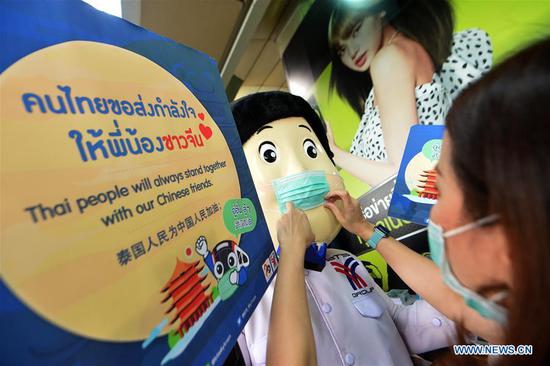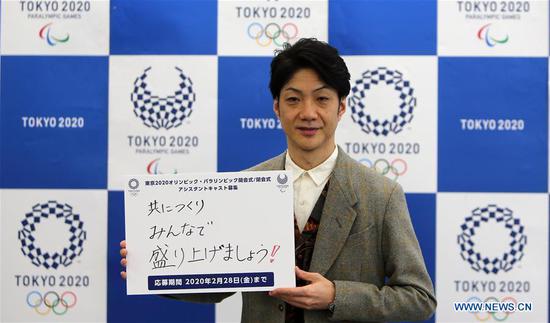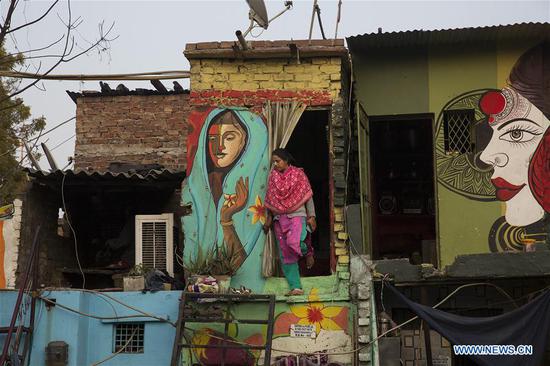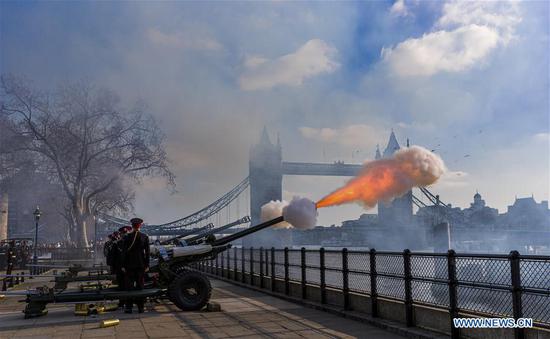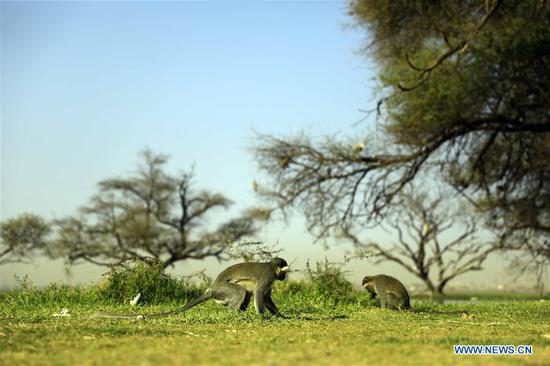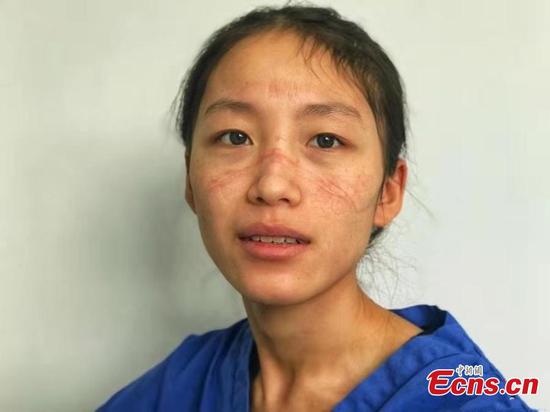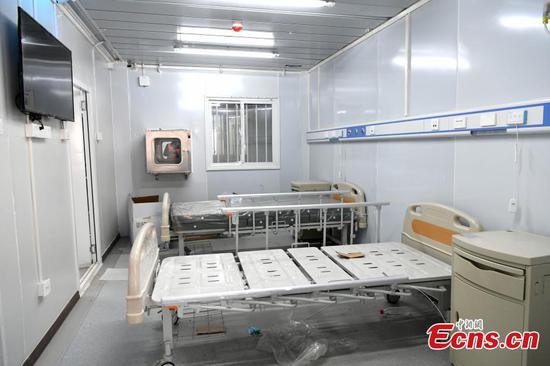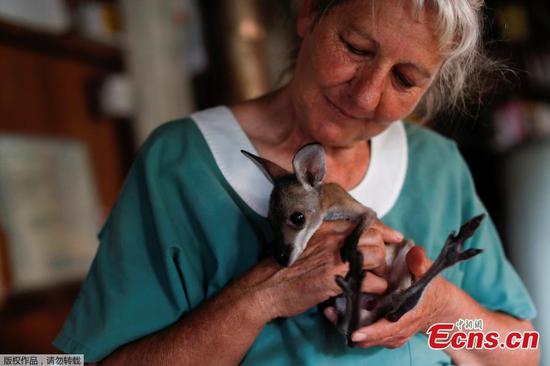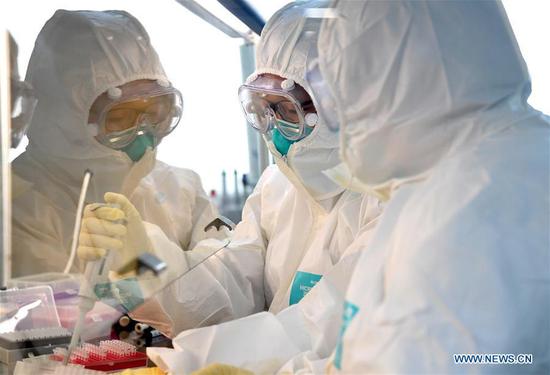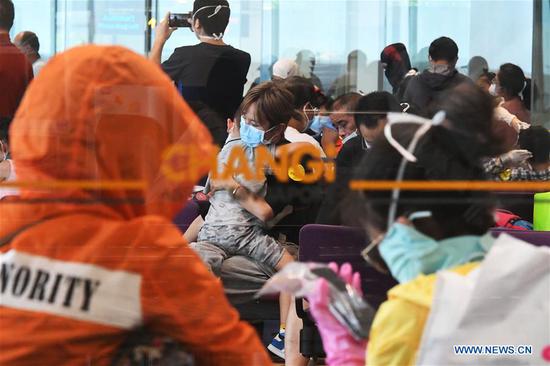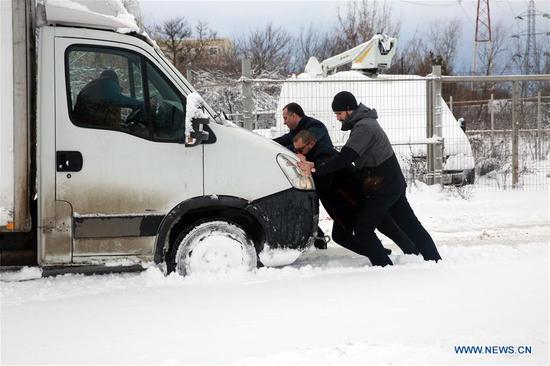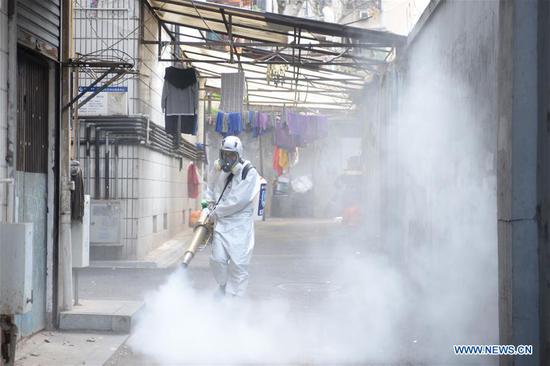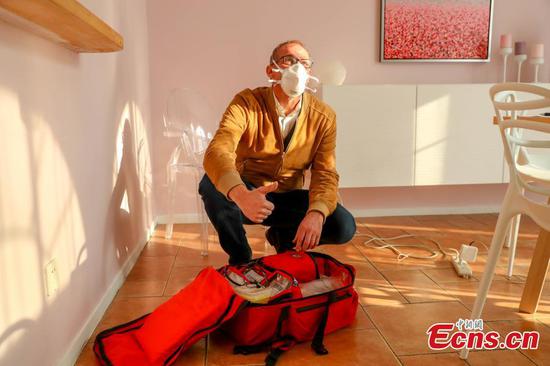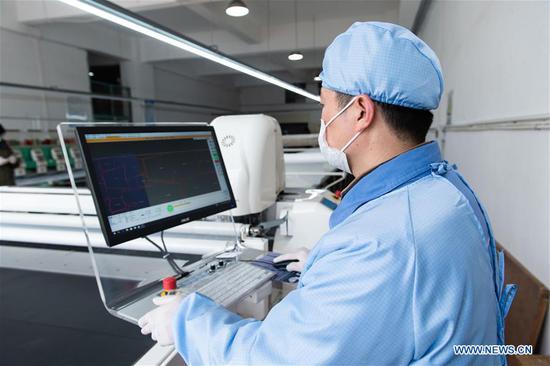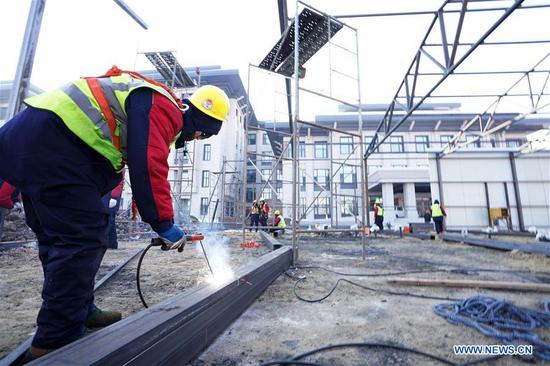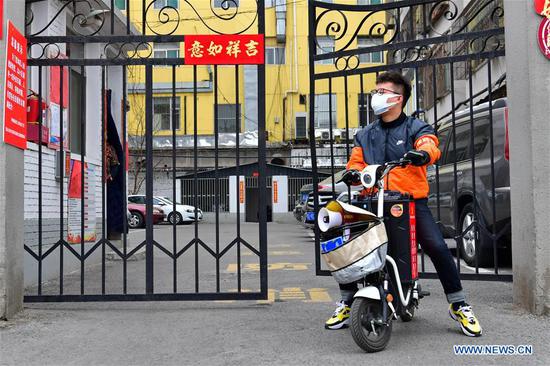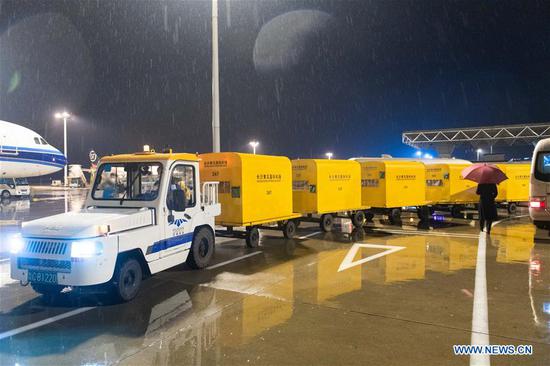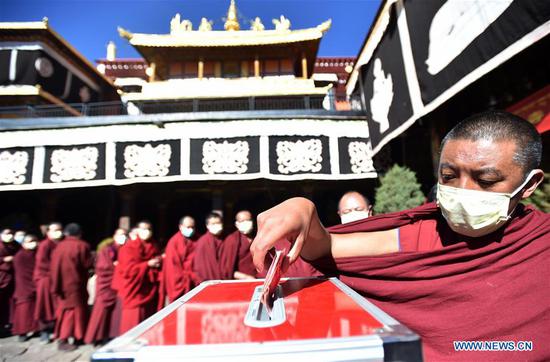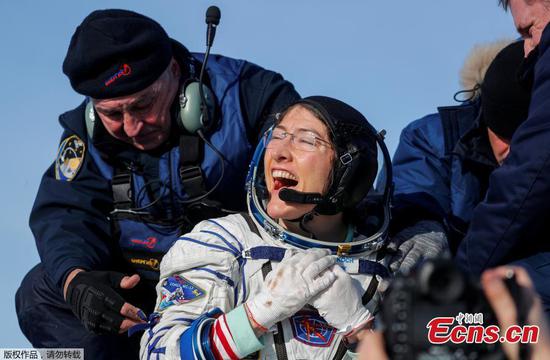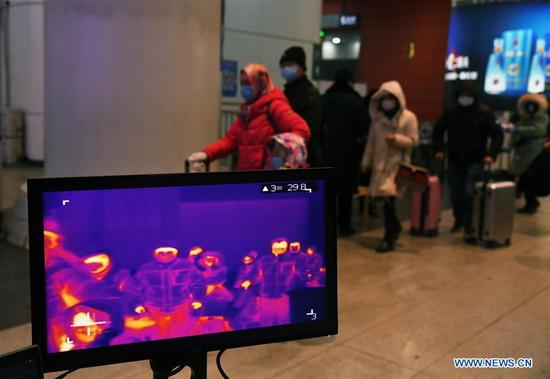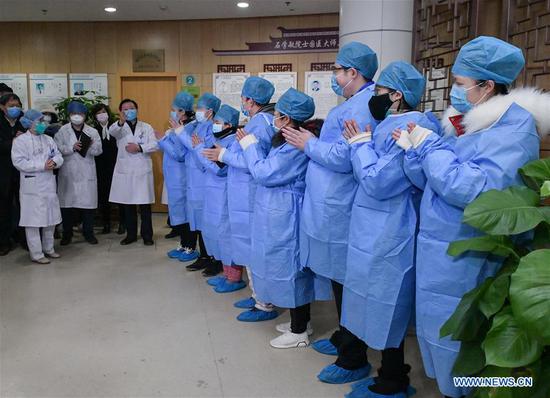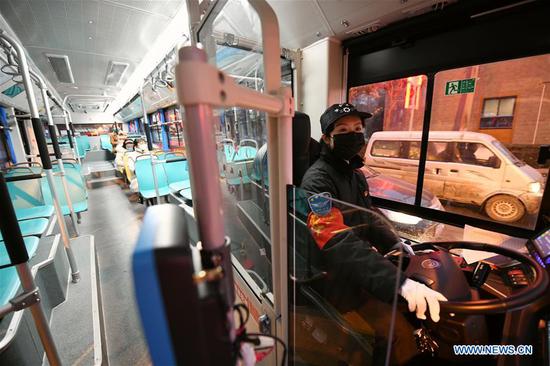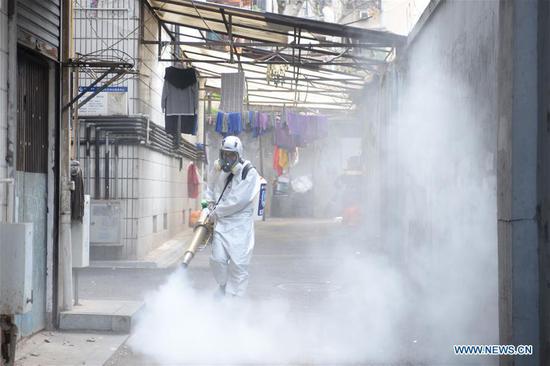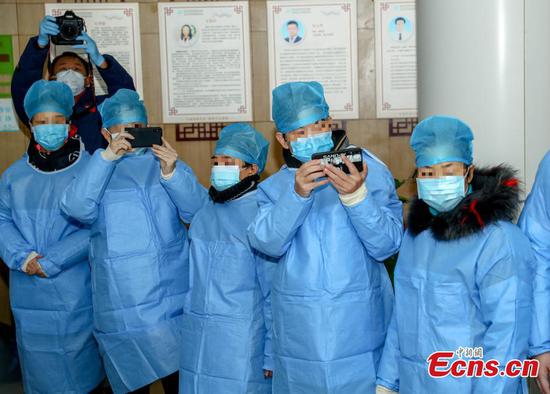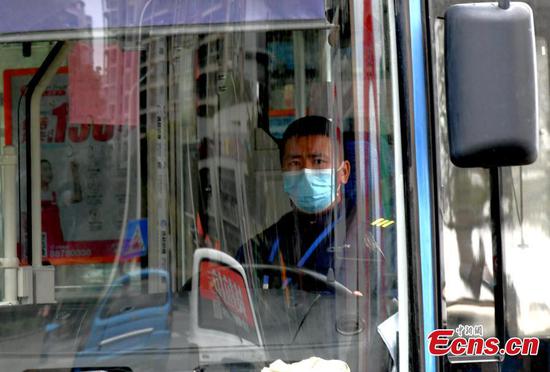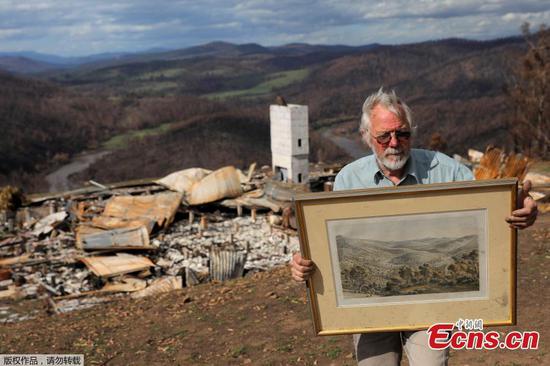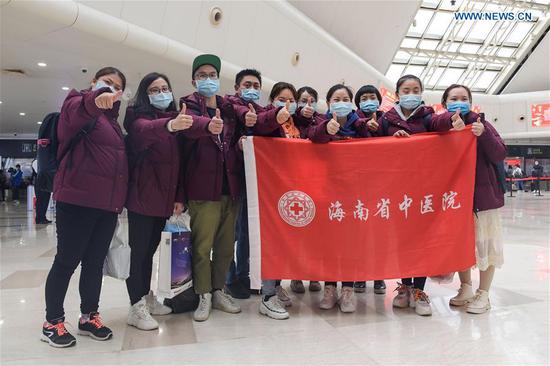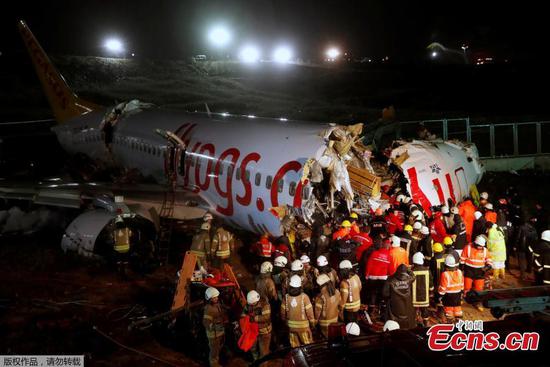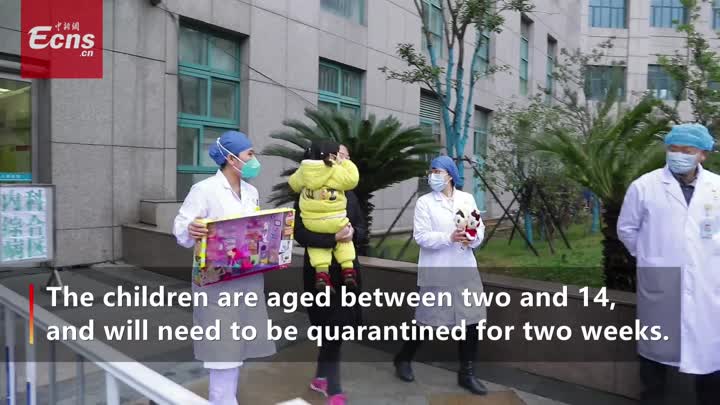A director of the U.S. Centers for Disease Control and Prevention (CDC) said Thursday that the immediate risk of infection from the novel coronavirus is low in the United States and therefore Asians shouldn't be shunned as possible carriers of the illness.
"There's no reason for the American public to fear Asians in our community," Dr Nancy Messonnier, head of the CDC's National Center of Immunization and Respiratory Diseases in Atlanta, said during a conference call with reporters.
She decried an attack on a woman wearing a surgical face mask on the New York subway earlier this week.
At the Grand Street subway station in Manhattan's Chinatown on Sunday, a man called a woman wearing a face mask a "diseased bitch" and attacked her. The assault was recorded by a bystander and posted to social media.
It wasn't clear the victim was Asian because her face was obscured by the face mask and she wore glasses.
"I'm not sure if the woman was Asian or not," the bystander told the New York Post. "I couldn't tell."
The bystander said the attacker "got very close to the woman's face" and then "hit her on the head". The woman sustained a bloody lip and an abrasion on her forehead but she declined medical treatment.
On Thursday, a spokesman for the New York Police Department said the victim hadn't filed a report and therefore there is no investigation.
The first New York City patient to undergo testing for the coronavirus doesn't have the deadly ailment according to test results from the CDC, the city's health department said. The unidentified 40-year-old fell ill after returning from a trip to China. Results are still pending for two other city patients undergoing testing for the coronavirus.
Messonnier said face masks aren't now recommended in New York or anywhere in the nation.
"The individuals who are at high risk, based on U.S. data, are those folks who are returning from the most impacted areas. They are being treated cautiously to keep them safe," she said.
Messonnier said everyone should take common sense steps to prevent spread of the virus, including frequent and vigorous hand-washing with soap, avoid touching eyes, nose and mouth with unwashed hands as well as covering nose and mouth when sneezing or coughing.
"We continue to believe that the immediate risk for the novel coronavirus in the United States is low," she said in the conference call with members of the foreign press that was sponsored by the U.S. State Department. "We have a window of opportunity to slow the spread of the virus and give ourselves time for additional preparation."
"Despite years of planning, we need to remain humble and understand that we may not have planned for everything," she said. "We expect to see additional cases of novel coronavirus infection globally and in the United States among returning travelers and their close contacts."
On Thursday, the World Health Organization (WHO) said it will convene a scientific meeting in Geneva on Feb 11-12 to focus on speeding development of treatments, diagnostic tests and vaccines.
WHO officials said at a news briefing in Geneva that scientists still don't know exactly how the virus is transmitted and how many people develop severe symptoms that can be fatal and how many have mild cases.
"We know its DNA," said Dr Tedros Adhanom Ghebreyesus, director-general of WHO. "We know it can be transmitted from one person to another. We know those most at risk are older people and those with underlying health conditions."
"There is still a lot we don't know," he added. "We're shadow boxing."
Messonnier said the confirmed virus case in Wisconsin, the 12th in the U.S., doesn't indicate an unexpected spread of the virus.
Messonnier said the CDC has developed and is distributing diagnostic test kits to laboratories throughout the nation. Initially, 200 kits will be distributed domestically and 200 will be offered to selected international labs. Each kit can test 700 to 800 patient samples. Additional kits are in production.
"Distribution of these tests will improve the global capacity to detect and respond to this new virus," she said.
About 800 people at CDC are working to limit the spread of the coronavirus, including about 200 at airports to screen passengers coming to the U.S. from China. The U.S. government has temporarily suspended entry of foreign nationals who have visited China in the last 14 days.









